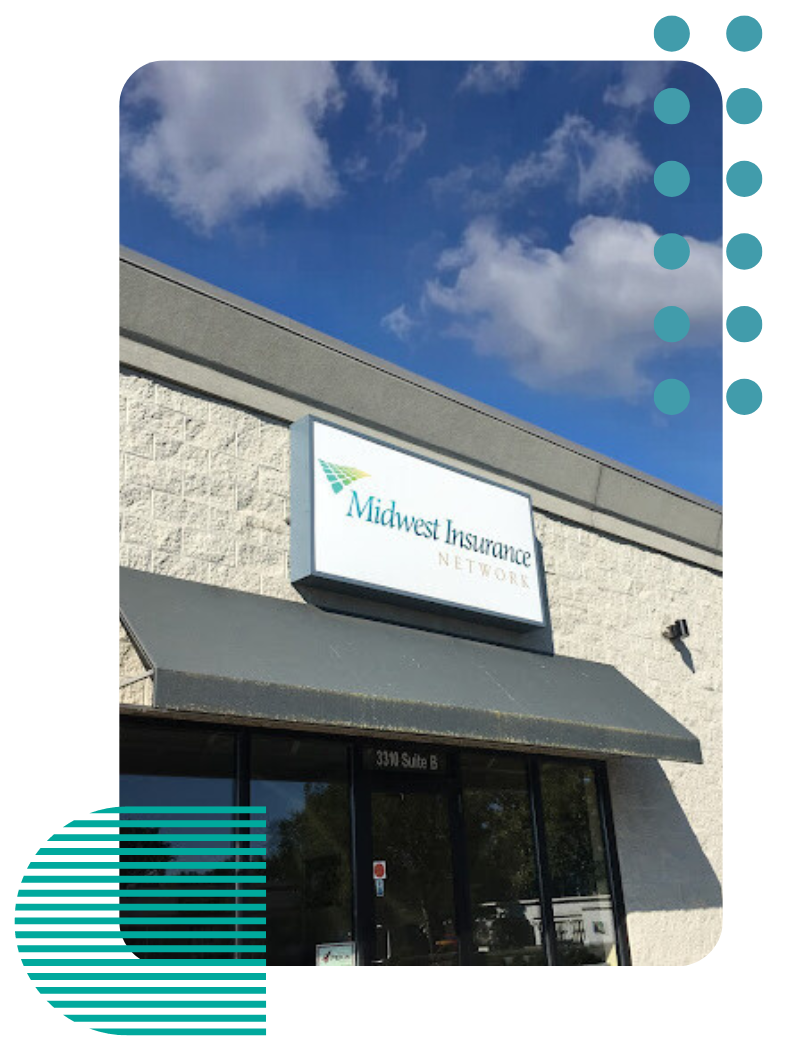Get in touch
419-720-5825
agency@midwest-insure.com
Top 3 Recommended Policies
Index
Understanding Insulation Contractors Insurance
Types of Insurance for Insulation Contractors in Ohio
The Cost of Insulation Contractors Insurance in Ohio
How to Choose the Right Insurance Provider in Ohio
Navigating Ohio's Insurance Regulations for Insulation Contractors
Contact Us
Phone
agency@midwest-insure.com
Location
Northwood, OH
3310 Woodville Road, Suite D
Northwood, OH 43619
Elmore, OH
361 Rice Street
Elmore, OH 43416
As an insulation contractor in Ohio,
protecting your business from unforeseen risks is essential. One of the most effective ways to ensure the longevity and stability of your operations is through obtaining the right insurance. In this ultimate guide, we will delve into the various aspects of insulation contractors insurance, breaking down its importance, types, costs, and tips for selecting the best provider. By the end of this guide, you will have a comprehensive understanding of how to safeguard your insulation business.
Understanding Insulation Contractors Insurance
Insulation contractors insurance is a specialized type of coverage designed to protect professionals who install or remove insulation materials. This insurance is tailored to meet the unique risks associated with the insulation industry, including liability claims, property damage, and employee injuries.
The Basics of Insulation Contractors Insurance
At its core, insulation contractors insurance provides financial protection against various threats that may arise during the course of business operations. The primary components include general liability, workers’ compensation, and commercial auto insurance, each addressing specific risks faced by insulation contractors.
General liability insurance covers claims of bodily injury or property damage caused to third parties during your work. Workers’ compensation insurance, on the other hand, provides coverage for employees who may get injured while working. Commercial auto insurance protects vehicles used in your business for transportation of personnel or materials.
In addition to these core coverages, insulation contractors may also consider adding specialized endorsements or additional policies to their insurance package. For instance, equipment and tools coverage can safeguard against the loss or damage of essential tools used on the job site, while pollution liability insurance can protect against claims related to the release of harmful substances during insulation installation or removal processes. Such tailored options ensure that contractors are comprehensively covered against the diverse challenges they may face in their daily operations.
Why Insulation Contractors Need Insurance
Without adequate insurance coverage, insulation contractors expose their businesses to significant financial risks. A single accident or injury could result in substantial medical expenses, legal costs, and repair bills, ultimately jeopardizing the sustainability of your business.
Moreover, many clients require proof of insurance before awarding contracts. By demonstrating that you are adequately covered, you can enhance your credibility and reassure clients that you can handle projects professionally and safely. This not only opens doors to larger contracts but also fosters trust and long-term relationships with clients, which are invaluable in a competitive market. Additionally, being insured can help insulation contractors navigate the complexities of regulatory compliance, as many jurisdictions mandate
specific insurance requirements for contractors operating within their borders.

Types of Insurance for Insulation Contractors in Ohio
The landscape of insurance for insulation contractors is diverse, with various policy types available to mitigate risks. Understanding these types can empower you to select the right coverage for your business needs.
General Liability Insurance
General liability insurance is essential for insulation contractors as it protects against claims of potential harm that may occur during the installation process. Whether someone slips and falls at a worksite or property is accidentally damaged, this insurance can cover legal fees and settlement costs.
Many general liability policies also include protection against advertising injuries, such as defamation or copyright infringement, which can be particularly relevant to marketing activities. Additionally, it’s important to note that general liability insurance can also cover costs associated with product liability, which is crucial if your insulation materials fail to perform as expected and cause damage to a client's property. This comprehensive coverage ensures that you can operate your business with peace of mind, knowing that you are protected from various unforeseen incidents.
Workers Compensation Insurance
Workers compensation insurance is mandated by law in Ohio for businesses with employees. It provides wage replacement and medical benefits to employees who are injured in the course of their work. This coverage is critical for insulation contractors, as the work often involves physical labor and exposure to hazardous situations.
Having workers compensation not only safeguards your employees but also protects your business from the financial impact of workplace injuries. In addition, this insurance can help foster a positive work environment, as employees are more likely to feel secure and valued when they know that their health and safety are prioritized. Furthermore, maintaining a good workers compensation record can lead to lower premiums over time, making it a financially sound investment for your business.
Commercial Auto Insurance
If your insulation business uses vehicles for transporting materials or completing jobs, commercial auto insurance is a necessity. This coverage protects against accidents involving company vehicles, covering damages to the vehicle itself and any injuries incurred during such incidents.
Commercial auto insurance can also help cover the costs of medical expenses for drivers and passengers involved in vehicle accidents, ensuring that your business is adequately protected as it travels to job sites. Moreover, this insurance often includes coverage for theft and vandalism, which can be particularly important for contractors who leave vehicles parked at job sites overnight. By investing in robust commercial auto insurance, insulation contractors can ensure that their operations remain uninterrupted, even in the face of unexpected vehicle-related incidents.
The Cost of Insulation Contractors Insurance in Ohio
Understanding the costs associated with insulation contractors insurance is crucial for budgeting effectively. The premium you will pay can vary widely based on multiple factors.
Factors Influencing Insurance Costs
Numerous elements can affect the cost of insurance premiums for insulation contractors, including:
- The size of your business, such as the number of employees and annual revenue
- Your claims history, where frequent claims can drive up costs
- The coverage limits you choose for your policies
- The geographical location of your operations and local market conditions
All these factors cumulatively influence your insurance premium, so it is wise to continuously assess your situations to find potential savings. Additionally, the type of insulation work you specialize in can also play a significant role in determining your insurance costs. For instance, contractors who work with hazardous materials may face higher premiums due to the increased risk associated with those materials. Understanding the nuances of your specific trade can help you better navigate the insurance landscape.
Ways to Lower Your Insurance Premiums
While insurance is a necessary expense, there are several strategies you can employ to help lower your premiums:
- Increase your deductibles, which lowers the premium at the cost of potentially higher out-of-pocket expenses in case of a claim.
- Maintain a clean claims history by prioritizing safety practices
- Bundle insurance policies with the same provider for multi-policy discounts.
- Invest in risk management training to reduce the likelihood of accidents and claims.
Implementing these strategies can lead to considerable savings over time, providing your business with a more robust financial position. Moreover, regularly reviewing your insurance policy can help you identify any unnecessary coverages that may be inflating your premium. As your business evolves, your insurance needs may change, and adjusting your coverage accordingly can lead to further cost reductions. Engaging with an insurance broker who specializes in contractor insurance can also provide valuable insights and help you find the best rates tailored to your specific needs.

How to Choose the Right Insurance Provider in Ohio
Selecting the ideal insurance provider is a critical step for your insulation business. The right provider not only offers suitable coverage but also provides support when you need it most. In Ohio, where the insulation industry is growing, having the right insurance can protect your business from unforeseen risks and liabilities, ensuring that you can focus on delivering quality service to your clients.
Evaluating Insurance Providers
When evaluating potential insurance providers, consider the following:
- Your insurer's reputation and financial stability, which can often be assessed through independent ratings.
- The expertise and experience of the provider in the insulation industry specifically.
- The quality of customer service, as being able to communicate effectively with your insurer is essential during claims.
Conducting thorough research and gathering referrals from fellow contractors can help in making an informed choice. Additionally, it’s beneficial to look for providers who have a track record of working with businesses similar to yours, as they will better understand the unique risks associated with insulation work. Online reviews and testimonials can also provide insight into the experiences of other contractors, helping you to gauge the reliability and responsiveness of the insurer.
Questions to Ask Potential Providers
When meeting with insurance providers, here are some pertinent questions to ask:
- What specific coverage options do you offer for insulation contractors?
- Can you explain your claim process and how long it typically takes?
- What discounts or incentives do you provide for safety programs?
- How will my premium costs change over time based on my business activities?
These questions will help you gauge whether a provider can meet your business's specific needs and expectations. Furthermore, inquire about any additional services they offer, such as risk management resources or training programs that can enhance your safety practices. Understanding the level of support you can expect in terms of risk assessment and loss prevention can be a deciding factor in choosing the right insurance partner. Make sure to clarify how often they review policies and whether they provide guidance on adjusting coverage as your business evolves.
Navigating Ohio's Insurance Regulations for Insulation Contractors
To operate legally in Ohio, insulation contractors must be aware of and comply with state insurance regulations. Noting these legal requirements is essential to avoid penalties and protect your business interests.
Understanding Ohio's Insurance Requirements
Ohio mandates that insulation contractors maintain specific insurance coverages, particularly workers compensation for any business with employees. It's crucial to familiarize yourself with the Ohio Bureau of Workers' Compensation guidelines to ensure compliance. This coverage not only protects your employees in case of workplace injuries but also shields your business from potential lawsuits stemming from such incidents.
General liability insurance is also recommended for contractors to protect against claims related to client properties and injuries during job performance. This type of insurance can cover a range of incidents, from accidental damage to a client's property to legal fees associated with defending against claims. Additionally, having this coverage can enhance your credibility with clients, as it demonstrates a commitment to professionalism and risk management.
Penalties for Non-Compliance
Failing to comply with insurance regulations in Ohio can result in significant penalties. These may include fines, suspension of operating licenses, or increased scrutiny during inspections. The consequences of non-compliance can jeopardize your business operations and lead to excessive costs. Moreover, without the necessary insurance, you may find it challenging to secure contracts, as many clients require proof of coverage before hiring a contractor.
Thus, ensuring that you meet all insurance requirements is not just a legal obligation but a crucial aspect of effective business management. Regularly reviewing your insurance policies and staying updated on any changes in state regulations can help mitigate risks and ensure that your business remains compliant. Engaging with a knowledgeable insurance agent who specializes in contractor insurance can also provide valuable insights and help tailor coverage to your specific needs, ultimately safeguarding your business against unforeseen challenges.
Claiming Insurance in Case of an Incident
In the unfortunate event of an incident requiring a claim, knowing how to navigate the claims process can significantly alleviate stress. Understanding the steps involved can lead to a smoother resolution.
Steps to File an Insurance Claim
The process of filing a claim usually involves the following steps:
- Notify your insurance provider as soon as the incident occurs.
- Document the event thoroughly, including photographs, witness statements, and related paperwork.
- Complete the claim forms as per your provider's requirements.
- Submit the claim and all accompanying documentation for review.
Timely communication and thorough documentation are critical in ensuring that your claim is processed efficiently. It’s also advisable to keep copies of all correspondence and documents submitted, as this can serve as a helpful reference should any discrepancies arise later in the process.
What to Expect During the Claim Process
Once you've submitted your claim, you can expect your insurance provider to conduct an investigation. This may include assessing damages, reviewing documentation, and possibly interviewing witnesses.
The timeframe for resolving a claim can vary considerably based on its complexity, so maintaining communication with your insurer is vital. Being proactive can often lead to a quicker resolution, which helps alleviate some of the burden during difficult times. Additionally, it’s important to understand the terms of your policy, as certain incidents may have specific requirements or exclusions that could affect your claim.
Throughout the claims process, you may also encounter various professionals, such as adjusters or claims representatives, who will assist you in understanding the next steps. Their expertise can be invaluable, as they can provide insights into what documentation is needed and how to best present your case. Engaging with these professionals can help demystify the process and ensure that you are fully informed about your rights and responsibilities as a policyholder.
Conclusion: Protecting Your Insulation Business in Ohio
In conclusion, having the right insurance coverage is paramount for insulation contractors in Ohio. With a variety of options available, understanding the basics, types, and costs associated with contractors insurance can help you make informed decisions for your business.
Recap of Insulation Contractors Insurance
Insulation contractors insurance offers critical protection against various risks, enabling contractors to operate safely and confidently. By understanding the unique risks associated with the industry, contractors can choose the best policies to safeguard their businesses effectively.
The Importance of Adequate Insurance Coverage
In an industry marked by potential hazards and unpredictable circumstances, adequate insurance coverage not only fulfills legal requirements but also secures the future of your insulation business. Investing in appropriate insurance coverage is undoubtedly a vital step toward long-term stability and success in Ohio’s competitive market.
REQUEST A QUOTE
Get insulation contractors insurance today!
Insulation Contractors Insurance
We will get back to you as soon as possible.
Please try again later.
Midwest Insurance Network is an independent insurance agency offering a one-on-one service for all our insurance clients. We help you navigate the sea of policy options and clarify any questions or concerns you may have along the way.
Quick Links
Services
All Rights Reserved | Midwest Insurance Network.




